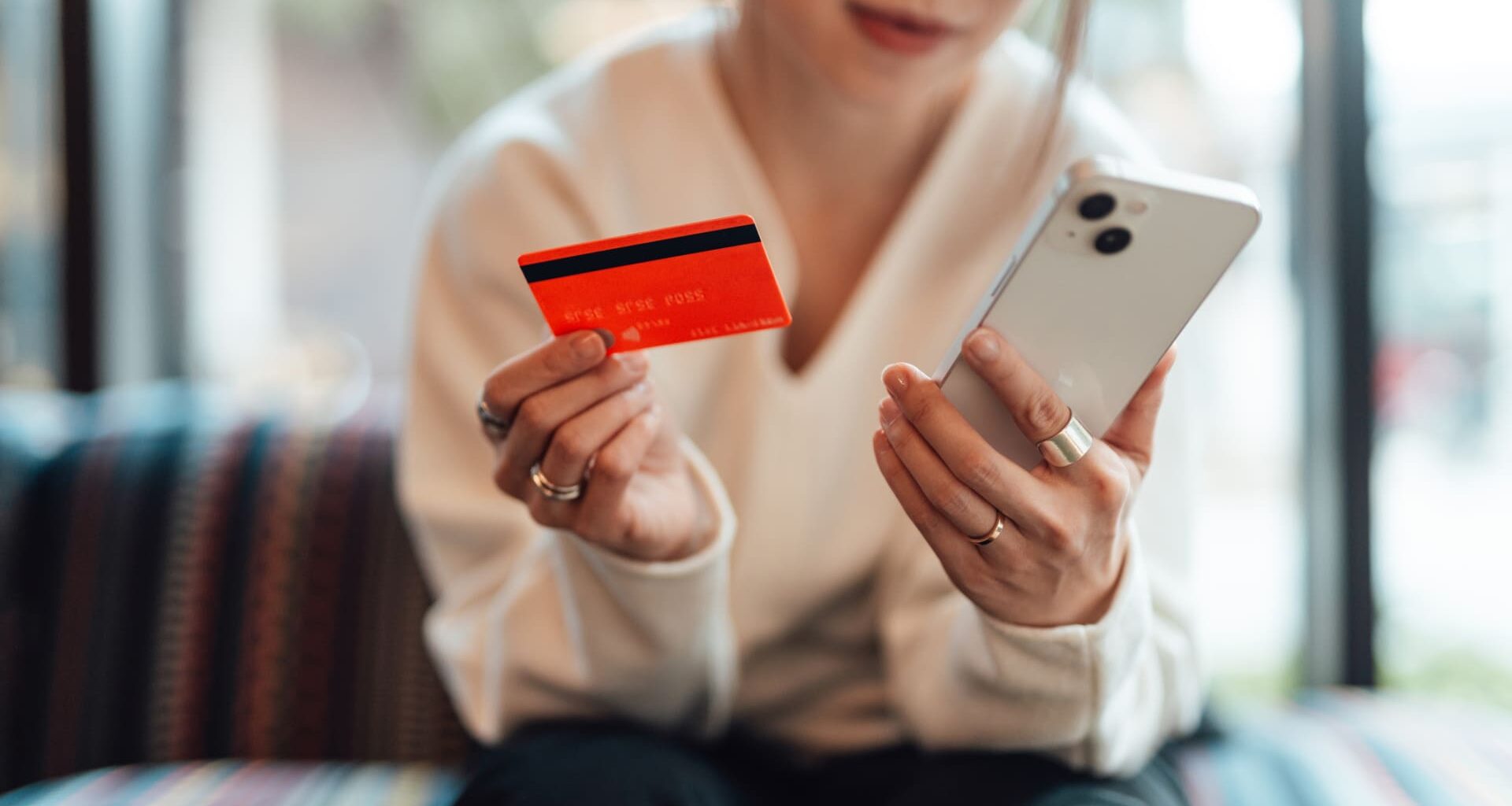Starting high school is exciting. For parents, it’s also expensive.
Vianney Marzullo, a stay-at-home mom from Chicago, says she spent $480 on school uniforms and supplies for her 14-year-old daughter who’s starting ninth grade in the fall. To finance the purchase, she used a buy now, pay later loan, she tells CNBC Make It.
“We have the means to buy [school supplies] upfront,” Marzullo, 41, says. “I just feel it’s easier to do the payments versus putting it on my credit card.”
Marzullo puts any purchase over $200 on a buy now, pay later service because she says she prefers the smaller interest-free installments to one lump-sum charge on her credit card. This year, she says she used the service one other time to fund a trip to New York for her daughter.
Marzullo joins a growing number of Americans who are turning to the short-term loans that break purchases into smaller installments to manage their spending. In August, 21% of Americans surveyed by LendingTree took out a BNPL loan and at least 41% considered applying for one — the highest level since LendingTree began tracking consumer behavior around the service in 2021.
Financial experts say the tool can be helpful when used wisely, but they warn that overuse can lead to overspending and financial strain.
What to keep in mind when using BNPL services
While some financial experts are skeptical of BNPL, “I don’t think it’s inherently a bad service,” says Andrew Fincher, a certified financial planner and financial advisor at VLP Financial Advisors.
If you’re confident you’ll have incoming cash to cover future BNPL payments, Fincher says using a BNPL loan can help spread out expenses over time without immediately straining your finances or accumulating interest from carrying a balance on a credit card.
However, overreliance on the loans — which often have minimal credit checks or spending limits — can quickly lead to a “snowball of debt” because it becomes easy to take on more than you can realistically repay, he says.
The service can also decrease the “pain” of paying, says Monica Dwyer, a CFP and wealth advisor at Harvest Financial Advisors. “You don’t really feel how much you’re spending.”
Currently, BNPL plans don’t directly impact a user’s credit score, but missed payments can incur late fees or interest charges. In some cases, that unpaid debt may be sold to debt collectors, which could then negatively affect credit scores.
And starting this fall, FICO — the company behind most U.S. credit scores — will release a new credit score model that includes BNPL loans. Banks and lenders will be able to view two versions of a score, one that factors in BNPL activity and one that does not, when assessing a borrower’s creditworthiness.
Americans use BNPL for essentials and splurges
Many people who take out BNPL loans are “just doing what they need to do to survive … so I’m not judging them,” says Dwyer.
A quarter of Americans who have used a BNPL loan say they used it to pay for groceries, the LendingTree survey said. Among parents who currently have BNPL debt, 65% said they used a BNPL loan for back-to-school purchases, according to a National Debt Relief survey published in August.
However, clothing and electronics remain the most popular categories for BNPL users, according to LendingTree. People may be using the service to splurge on items that aren’t essential, says Dwyer. “Wait until you have the money before you splurge if it’s something you don’t truly need,” she says.
Fincher says putting an expense like a $5,000 vacation on a BNPL loan can be reasonable only if you’re certain you’ll have the guaranteed income through an incoming paycheck or bonus to pay it off. But, “if it’s a purchase where you’re just putting it on there to deal with it later, then I don’t know if it’s the best idea,” Fincher says.
When Marzullo takes out a BNPL loan, she says she links it to her credit card and sets up automatic payments so installments are paid on time while earning rewards points. She says this helps her pay off her credit card in full each month, rather than just making the minimum payment that can lead to interest charges.
“You have to be careful how to manage it,” she says, noting that she uses the loans as more of a financing hack than a necessity. “I’m just finagling the system.”
Want to stand out, grow your network, and get more job opportunities? Sign up for Smarter by CNBC Make It’s new online course, How to Build a Standout Personal Brand: Online, In Person, and At Work. Learn from three expert instructors how to showcase your skills, build a stellar reputation, and create a digital presence that AI can’t replicate. Sign up today with coupon code EARLYBIRD for an introductory discount of 30% off the regular course price of $67 (plus tax). Offer valid July 22, 2025, through September 2, 2025.
Plus, sign up for CNBC Make It’s newsletter to get tips and tricks for success at work, with money and in life, and request to join our exclusive community on LinkedIn to connect with experts and peers.


